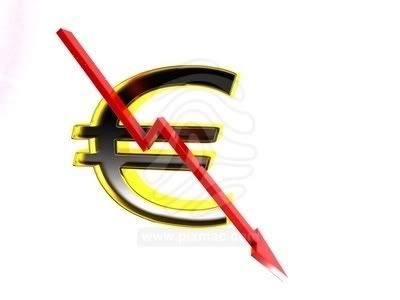However, there’s a key difference between Wilson’s Fourteen Points and British Freedom’s 20 Point Plan.
Wilson’s points laid down the basis for a return of Europe to before the hostilities began; one from which America could remain splendidly independent an ocean away. The British Freedom Party’s points, meanwhile, concern winning back independence from a Europe which is moving daily closer to the social and economic abyss, hopefully before hostilities start.
It won't be easy: my daughter recently came home from citizenship classes and informed me that we live under an elected dictatorship. That’s not our problem, I told her. We are governed by a parliamentary democracy, but one that hobbled by no less than two unelected dictatorships. One is the EU. The other is more insidious: an army of activists who were placed on the bottom rungs of all state-run agencies during the Blair-Brown regimes with a remit to work their way towards the top.
These are the behemoths that British patriots of all creeds and colours have to face. But Winston Churchill led the fight against arguably a greater monster, and we won.
Wilson’s vision, relying on all people’s intentions being as good as his, ended up easing the way for Naziism. The writers of British Freedom’s Twenty Point Plan are in no doubt as to the intentions of our enemies and have honed each point for mazimum impact.
I’m looking forward to EDL and British Freedom working together.
Gerry Dorrian
300 words
Click to go to the British Freedom Party's Twenty-Point Plan

Thanks to Andrew Stevenson for the graphic.
 The masses addicted to illegal drugs have a mirror image in a less noticeable addiction: to the idea that there is a pharmaceutical product for every woe. Don’t get me wrong – some kids are genuinely hyperactive through attention deficit and are helped by Ritalin; many people get through the day with the help of antidepressants; and occasionally somebody in an old-folks’ home is responding to hallucinations and will be helped by antipsychotic drugs.
The masses addicted to illegal drugs have a mirror image in a less noticeable addiction: to the idea that there is a pharmaceutical product for every woe. Don’t get me wrong – some kids are genuinely hyperactive through attention deficit and are helped by Ritalin; many people get through the day with the help of antidepressants; and occasionally somebody in an old-folks’ home is responding to hallucinations and will be helped by antipsychotic drugs. 